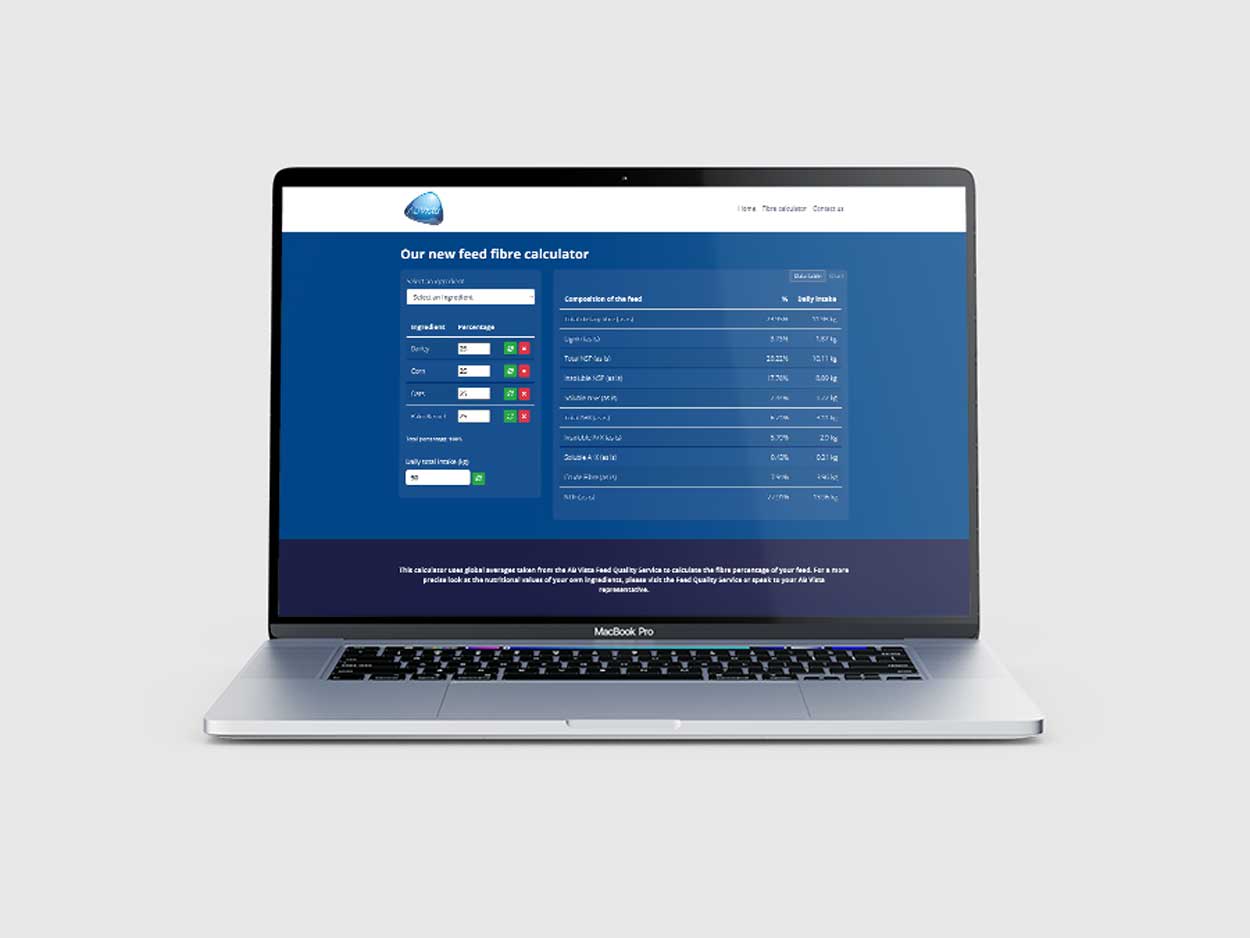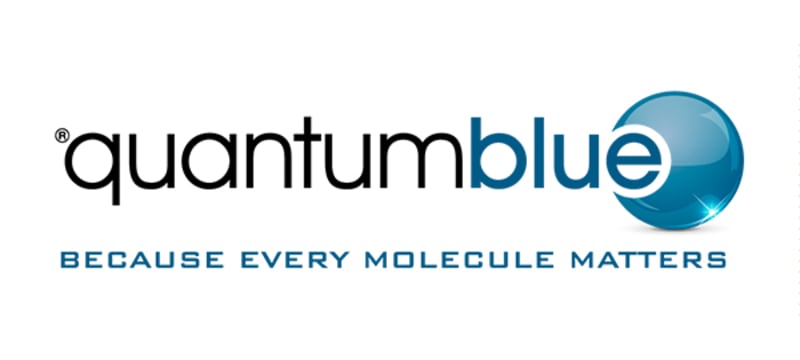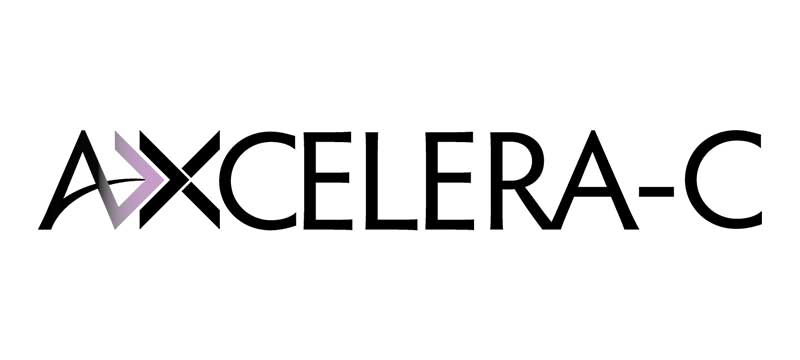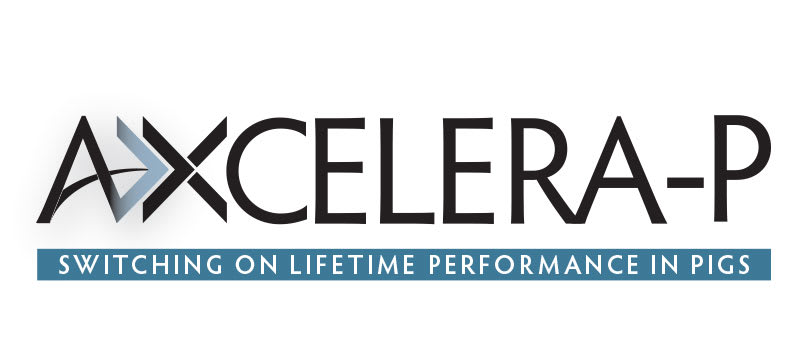Understanding dietary fibre to help boost the digestion of animal feed
Published Monday, 10th October 2016The addition of fibre-degrading enzymes to feed delivers significant benefits for animal digestion, explains Dr Hadden Graham, Global Technical Director at AB Vista.
Dietary fibre is commonly known as the part of the diet which is not broken down by the animal’s digestive enzymes. But in the latest of AB Vista’s Extraordinary Science Brought to Life videos, Dr Graham explains how a greater understanding of dietary fibre can help to optimise the digestion of feed.
“The major carbohydrate in any feed is generally the polysaccharides – this includes starch, as well as cellulose, hemicellulose, pectins and fructans: these last four make up the dietary fibre. For the purposes of analysis, dietary fibre can be defined as the sum of the non-starch polysaccharides and lignin.”
According to Dr Graham, the carbohydrates, including starch, oligosaccharides, non-starch polysaccharides and lignin, vary considerably, for example, between corn and soyabean meal.
“Fibre can be both soluble and insoluble – and can be both a nutrient (in that it can be degraded, to provide energy) and an anti-nutrient – in that it can increase gut viscosity and encapsulate nutrients, thus reducing digestibility.
“There are three main mechanisms at play when looking at how fibre-degrading enzymes can be used to optimise feed digestibility: their ability to break down insoluble fibres and open up the cell walls, reduce digesta viscosity (allowing the animal’s own enzymes to move quickly in the gut), and the subsequent production of oligosaccharides
Dr Graham explains that these mechanisms result in better digestion of nutrients (starch, protein and fat), greater degradation of fibre in the anterior gastro-intestinal tract and encourage good bacteria in the gut.
Latest news
Stay ahead with the latest news, ideas and events.

Online Feed Fibre Calculator
Calculate the percentage of dietary fibre in your feed
Our calculator is designed for nutritionists and uses averages of global raw materials to calculate the dietary fibre content (plus other more in-depth fibre parameters) of finished animal feed. These parameters are available within AB Vista’s Dietary Fibre analysis service (part of our NIR service).
Sign up for AB Vista news
A regular summary of our key stories sent straight to your inbox.
SUBSCRIBE© AB Vista. All rights reserved 2025
Website T&Cs Privacy & Cookie Policy Terms & Conditions of Sale University IDC policy Speak Up Policy
























